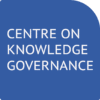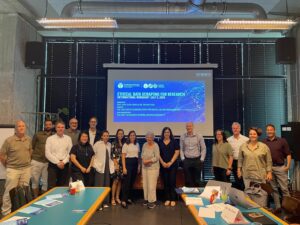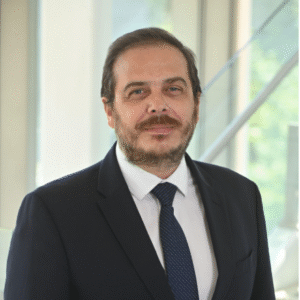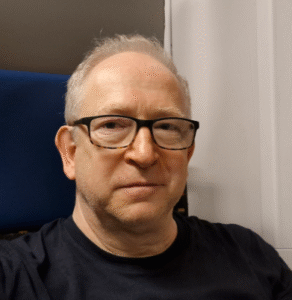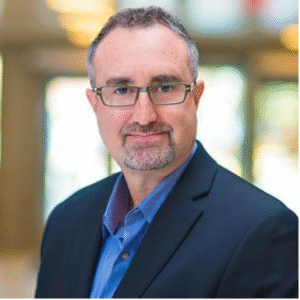On 25 September 2025, Professor Wend Wendland, delivered the 14th Peter Jaszi Distinguished Lecture at American University in Washington D.C.. The event was hosted by the Program on Information Justice and Intellectual Property. For over 25 years at WIPO, Prof. Wendland played a critical role in the area of traditional knowledge, including as the Director of the Traditional Knowledge Division and Secretary of the Intergovernmental Committee (IGC). His lecture, titled “Beyond Adoption: Why it Matters and What’s Next for the WIPO Treaty on IP, Genetic Resources and Associated Traditional Knowledge?”, celebrated the recent adoption of this landmark agreement.
In his lecture, Professor Wendland described the Treaty as a ‘historic’ event and a ‘paradigm shift’ in intellectual property. He highlighted that it is the first international IP treaty championed by developing countries and Indigenous Peoples, making them policy-makers rather than policy-takers. The Treaty’s core feature is a new mandatory requirement for patent applicants to disclose the origin of genetic resources and associated traditional knowledge. This aims to combat biopiracy and reconcile innovation with biodiversity conservation and equitable benefit-sharing. This transparency is expected to improve the patent system’s quality and efficacy, while also contributing to environmental, economic, and social justice by acknowledging the role of Indigenous Peoples as stewards of biodiversity.
Despite his enthusiasm, Wendland acknowledged the Treaty’s limitations, noting that it does not create new rights in traditional knowledge, and does not directly ensure compensation for provider countries and Indigenous Peoples. It represents what could be agreed upon by consensus after a 25-year struggle, demonstrating strategic pragmatism. The adoption itself is significant, marking a step forward in the evolution of the IP system and providing a platform for a more inclusive conversation about the future of IP. However, Wendland cautioned that the treaty’s adoption alone is not enough; its true significance will depend on its practical implementation and effectiveness.
Finally, Wendland discussed the path forward, stressing the immediate need for the Treaty to come into force, which requires ratification by 15 countries. He expressed concern that this process might be slower than hoped, with some major countries like the USA, Japan, and the Republic of Korea opposing the treaty, and others like India and China not yet signing it. Potential hurdles for ratification include political reluctance to recognise Indigenous Peoples, conflicts with existing national laws, and pressure from trading partners. Wendland concluded by urging policymakers, patent offices, and the international community to work towards bringing the Treaty to life, ensuring its paradigm-shifting potential is realised in practice.
Watch the full presentation here.
